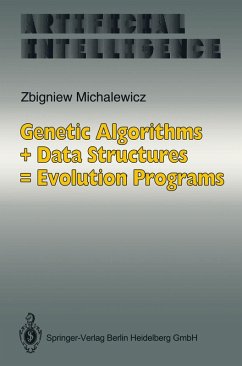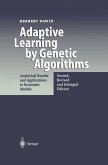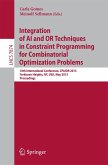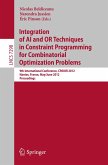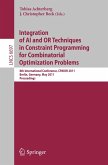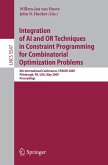'What does your Master teach?' asked a visitor. 'Nothing,' said the disciple. 'Then why does he give discourses?' 'He only points the way - he teaches nothing.' Anthony de Mello, One Minute Wisdom During the last three decades there has been a growing interest in algorithms which rely on analogies to natural processes. The emergence of massively par allel computers made these algorithms of practical interest. The best known algorithms in this class include evolutionary programming, genetic algorithms, evolution strategies, simulated annealing, classifier systems, and neural net works. Recently (1-3 October 1990) the University of Dortmund, Germany, hosted the First Workshop on Parallel Problem Solving from Nature [164]. This book discusses a subclass of these algorithms - those which are based on the principle of evolution (survival of the fittest). In such algorithms a popu lation of individuals (potential solutions) undergoes a sequence of unary (muta tion type) and higher order (crossover type) transformations. These individuals strive for survival: a selection scheme, biased towards fitter individuals, selects the next generation. After some number of generations, the program converges - the best individual hopefully represents the optimum solution. There are many different algorithms in this category. To underline the sim ilarities between them we use the common term "evolution programs" .
Dieser Download kann aus rechtlichen Gründen nur mit Rechnungsadresse in A, B, BG, CY, CZ, D, DK, EW, E, FIN, F, GR, HR, H, IRL, I, LT, L, LR, M, NL, PL, P, R, S, SLO, SK ausgeliefert werden.

